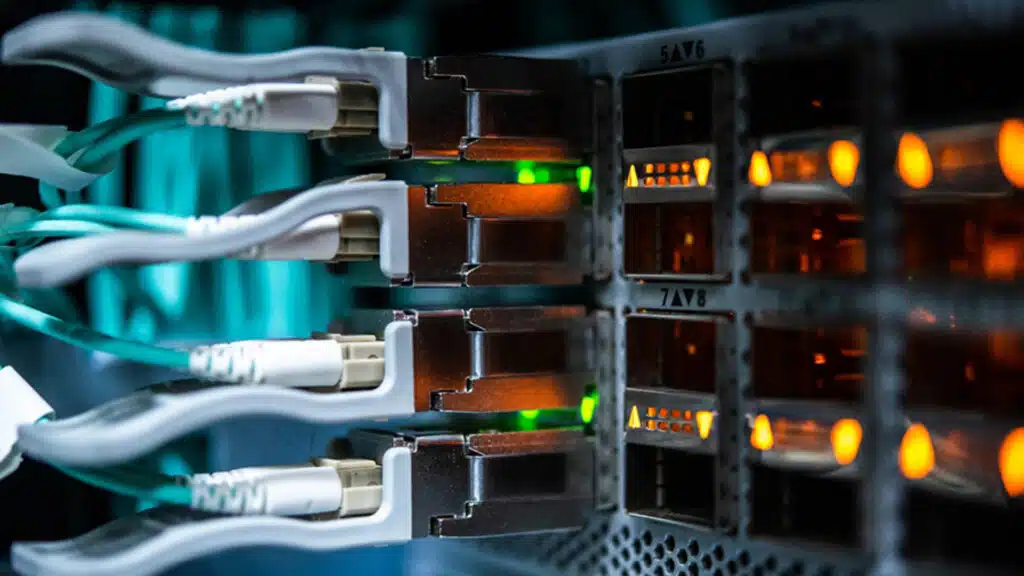The News: On May 9, Rigetti Computing, a public quantum computing company based in Berkeley, California, announced its financial results for the 2024 first quarter (Q1). Rigetti highlighted 2-qubit gate fidelities on its 9-qubit Novera system and partnerships related to that Quantum Processing Unit (QPU). The earnings press release and recording of the earnings webcast are available on the Rigetti website.
By the numbers: All currency figures are in millions of US dollars.
| Q4 2023 | |||
| Revenue |
$ 3.052 |
$ 3.376 |
$ 2.201 |
|
Operating Expenses |
$ 18.085 | $ 19.723 |
$ 23.711 |
| Net Loss |
$ 20.773 |
$ 12.572 |
$ 23.354 |
| Total Current Assets |
$110.044 |
$107.667 |
$130.265 |
Quantum in Context: Rigetti Computing’s Q1 2024 Earnings and 9 Qubits
Analyst Take: Rigetti Computing had a moderate quarter to start 2024 compared with the last quarter. Revenue was down slightly, and operating expenses were down, but net loss jumped by over $8 million. Keep an eye on its sales of common stock to finance operations. It’s good to see that Rigetti’s 2-qubit gate fidelity exceeds 99% on its 9-qubit chip but note that is a median number. We’ll be watching for the company to repeat the high fidelity on its 84-qubit QPU this year and publish qubit-by-qubit metrics similar to what IBM provides. It’s unclear how large the market is for 9-qubit QPUs, which is at the very low end of offerings from quantum computing vendors.
Nine Qubits
On December 9, 2023, Rigetti announced its superconducting Novera 9-qubit QPU for inclusion in a do-it-yourself quantum computing system. The configurations start at $900,000. Rigetti has a much larger 84-qubit chip it includes in its own systems.
The Novera chips allow researchers to experiment with on-premises quantum systems once all the pieces are assembled. On-premises systems are growing in popularity as users want the security and dedicated access they cannot necessarily get over the cloud.
Like all current physical qubit systems, the Novera quantum gate operations are noisy and imperfect. We hope to eventually combine dozens (or hundreds or thousands, depending on who you believe) into a single logical qubit with extremely low error rates. Microsoft and Quantinuum have recently set the bar for creating logical qubits, and Quantinuum has demonstrated 2-qubit gate fidelities of 99.9%. Since 99.9% = 0.999, we expect, on average, one error every thousand 2-qubit operations. This allows us to experiment with error-correcting techniques to create logical qubits with 99.999% or better fidelities. 2-qubit gates are essential to creating entangled quantum states, a requirement for the quantum computing programming model.
According to the earnings press release, the Novera’s 2-qubit fidelity is now 99.3%. This low error rate is very good, and I hope Rigetti can continue to improve it and extend it to larger chips. Whatever number you pick in the physical-to-logical qubit ratio, we need many more than nine qubits.
It’s been 8 years since IBM first put a 5-qubit quantum system on the cloud. The Novera’s stats are significantly better than that chip, but the tiny increase in number of qubits makes me question how large the market is for these small chips in 2024. It’s pricey at $900,000, but if the margins are good and Rigetti sells a few, the revenue can help support the company’s R&D on larger QPUs.
For completeness, let me note that IBM demonstrated an experimental 1,121-qubit superconducting QPU in December 2023 but will now focus on chips with slightly more than 100 qubits but very low error rates. IBM will connect these chips with short-distance quantum networking and assemble larger quantum computers using a modular approach. I think this is a wise approach and one that Rigetti should emulate. Don’t worry about the control and noise mitigation for superconducting QPUs with more than 200 qubits; focus on smaller chips with superb statistics and connect those.
If you don’t want to spend money, consider using one of the dozens of free quantum circuit simulators.
Partnerships
Rigetti announced that it sold a Novera QPU to Singapore-based Horizon Quantum Computing for use in its quantum testbed. The stated early 2025 installation date is a long delay in getting a working system up and running. Horizon is part of the Novera QPU Partner Program that Rigetti announced in April.
Key Takeaway: Rigetti’s quarterly net loss was large, but the company is making good technical progress on the quality of its 9-qubit Novera quantum processing unit. Is it too small to find much of a market?
Disclosure: The Futurum Group is a research and advisory firm that engages or has engaged in research, analysis, and advisory services with many technology companies, including those mentioned in this article. The author is a former employee of IBM and holds an equity position in the company. The author does not hold an equity position in any other company mentioned in this article.
Analysis and opinions expressed herein are specific to the analyst individually and data and other information that might have been provided for validation, not those of The Futurum Group as a whole.
Other Insights from The Futurum Group:
Quantum in Context: Rigetti Q4 2023 Earnings and Other Numbers
Quantum in Context: IonQ Announces Q1 2024 Earnings
Quantum in Context: The Case for On-Premises Quantum Computers
Author Information
Dr. Bob Sutor is an expert in quantum technologies with 40+ years of experience. He is the accomplished author of the quantum computing book Dancing with Qubits, Second Edition. Bob is dedicated to evolving quantum to help solve society's critical computational problems.






